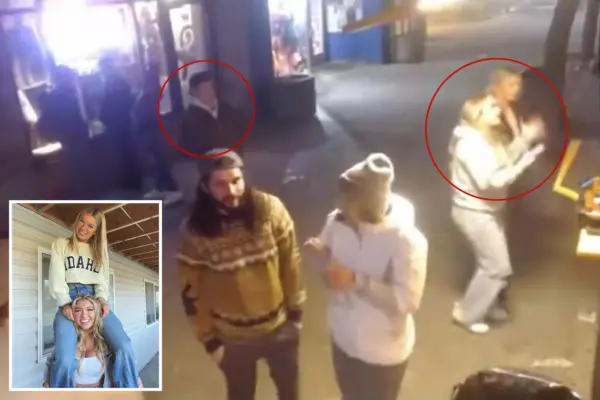
Introduction
The Menendez brothers, Erik and Lyle, are at the centre of one of the most notorious criminal cases in American history. In 1989, they were convicted of murdering their wealthy parents, Jose and Mary Menendez, in their Beverly Hills home. The case attracted immense media attention, highlighting issues such as family dynamics, mental health, and the legal system. Decades later, the story of the Menendez brothers remains relevant, igniting discussions on crime and justice.
The Murder and Trial
On the night of August 20, 1989, the Menendez brothers shot their parents with shotguns, claiming they had endured years of abuse. The investigation revealed a complicated family history, where privilege coexisted with dysfunction. At their trial in 1993, the brothers’ defence argued they were victims of psychological trauma, a narrative that captivated the public. The trial was broadcast live, making it a defining moment in the era of televised court cases.
Verdict and Sentencing
Initially, the jury deadlocked, but a retrial concluded in 1996 with the brothers being found guilty of first-degree murder. They were sentenced to life in prison without the possibility of parole. The case raised questions about the influence of media on public perception of trials, as well as the complexity of familial relationships leading to such tragic outcomes.
Public Reaction and Cultural Impact
Since the trial, the Menendez brothers have maintained a presence in popular culture, often cited in discussions regarding true crime. Documentaries, podcasts, and dramatizations have explored their story, echoing the public’s fascination with high-profile criminal cases. Their defence’s plea of abuse has sparked debates on the validity of such claims in court, especially regarding male victims.
Recent Developments
As of 2023, the Menendez brothers continue to serve their life sentences but remain active in their attempts to appeal their convictions. They have expressed remorse, and some advocates argue for a re-examination of their case considering evolving understandings of trauma and mental health. The ongoing interest in their case reflects broader societal debates about justice, rehabilitation, and the judicial system’s response to abuse claims.
Conclusion
The Menendez brothers’ case serves as a lens through which we can examine various societal issues, including the complexities of familial relationships, the media’s role in legal proceedings, and changing perceptions of justice. As discussions surrounding their story continue, it invites readers to consider how far we have come in understanding mental health and the dynamics of abuse. The relevance of their case persists, influencing both public discourse and policy as society grapples with these challenging themes.
You may also like

Latest Updates on the Idaho Murders Case

The Unsolved Case of Charlene Downes: A Tragic Mystery
